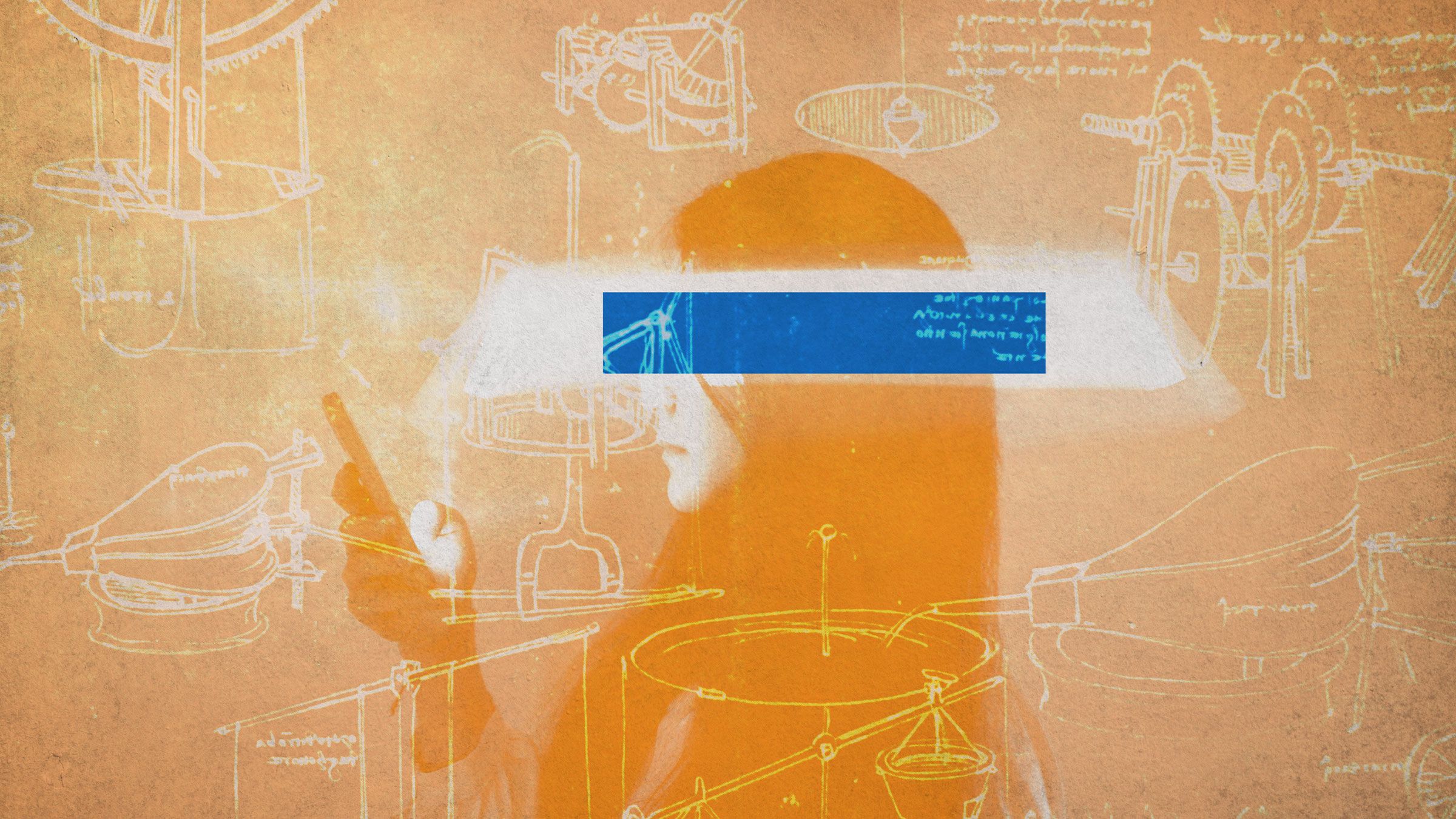A Deep Learning Alternative Can Help AI Agents Gameplay the Real World
A Deep Learning Alternative Can Help AI Agents Gameplay the Real World
Many Artificial Intelligence (AI) agents are trained using deep learning algorithms, which require massive amounts of labeled data to operate effectively. However, a new alternative approach to deep learning is emerging that could revolutionize the way AI agents interact with and navigate the real world.
This alternative method, known as reinforcement learning, allows AI agents to learn through trial and error, much like humans do. By using this approach, AI agents can adapt and improve their strategies over time, without the need for explicit instruction or labeled data.
One of the key advantages of reinforcement learning is its ability to handle complex and unpredictable environments. In the real world, situations can change rapidly, and traditional deep learning methods may struggle to keep up.
By incorporating reinforcement learning into AI agents, they can better navigate real-world scenarios, such as playing complex games or controlling autonomous vehicles. This approach allows AI agents to learn from experience and make decisions based on real-time feedback.
Additionally, reinforcement learning can help AI agents develop more robust and adaptable strategies. Rather than relying on pre-defined rules or patterns, AI agents can learn to improvise and adapt to new challenges as they arise.
Overall, the integration of reinforcement learning into AI agents offers a promising alternative to traditional deep learning methods. By enabling AI agents to learn through trial and error, they can better navigate and interact with the real world, ultimately leading to more capable and intelligent AI systems.
As researchers continue to explore the potential of reinforcement learning in AI development, we can expect to see even more innovative applications of this approach in the future. From improving gameplay in video games to enhancing autonomous driving systems, the possibilities for using reinforcement learning in AI agents are virtually limitless.
Ultimately, the adoption of this alternative approach to deep learning could usher in a new era of AI development, where agents are not just capable of mimicking human behavior, but truly understanding and interacting with the world around them.







